Eunice Kyereme a.k.a @OhemaReads is a technologist with a love for the humanities. Growing up in an American school system, oftentimes, she had to dig for history and stories related to Africans and the diaspora. In her experience, these subjects were rarely taught as part of the curriculum.
Eunice believes African and diasporic experiences are crucial to understanding the world around us. Here, she shares an African literature reading list with a focus on stories that explore the African diaspora. These African diaspora literature picks will help you learn more about the experiences of others as well as part of global history you likely weren’t taught in school.
African diaspora literature picks

Wife of the Gods by Kwei Quartey
Wife of the Gods pleasantly surprised me, it felt like I was transported to Ghana through literature. It is about a detective named Inspector Darko Dawson who’s been ordered by his boss to leave his wife and sick son in Accra to lead a murder investigation in a town he never expected to return to.
I loved Wife of the Gods especially because it captured aspects of Ghana’s culture through text and educated the reader on social issues occurring in Ghana. Most of all, Wife of the Gods is a reminder that the stories that come out of Africa can be universal. Inspector Dawson’s story, while wrapped in the cultural context of Ghana, can exist in America, Germany, Brazil and so forth. The lives we live across the world aren’t so different.
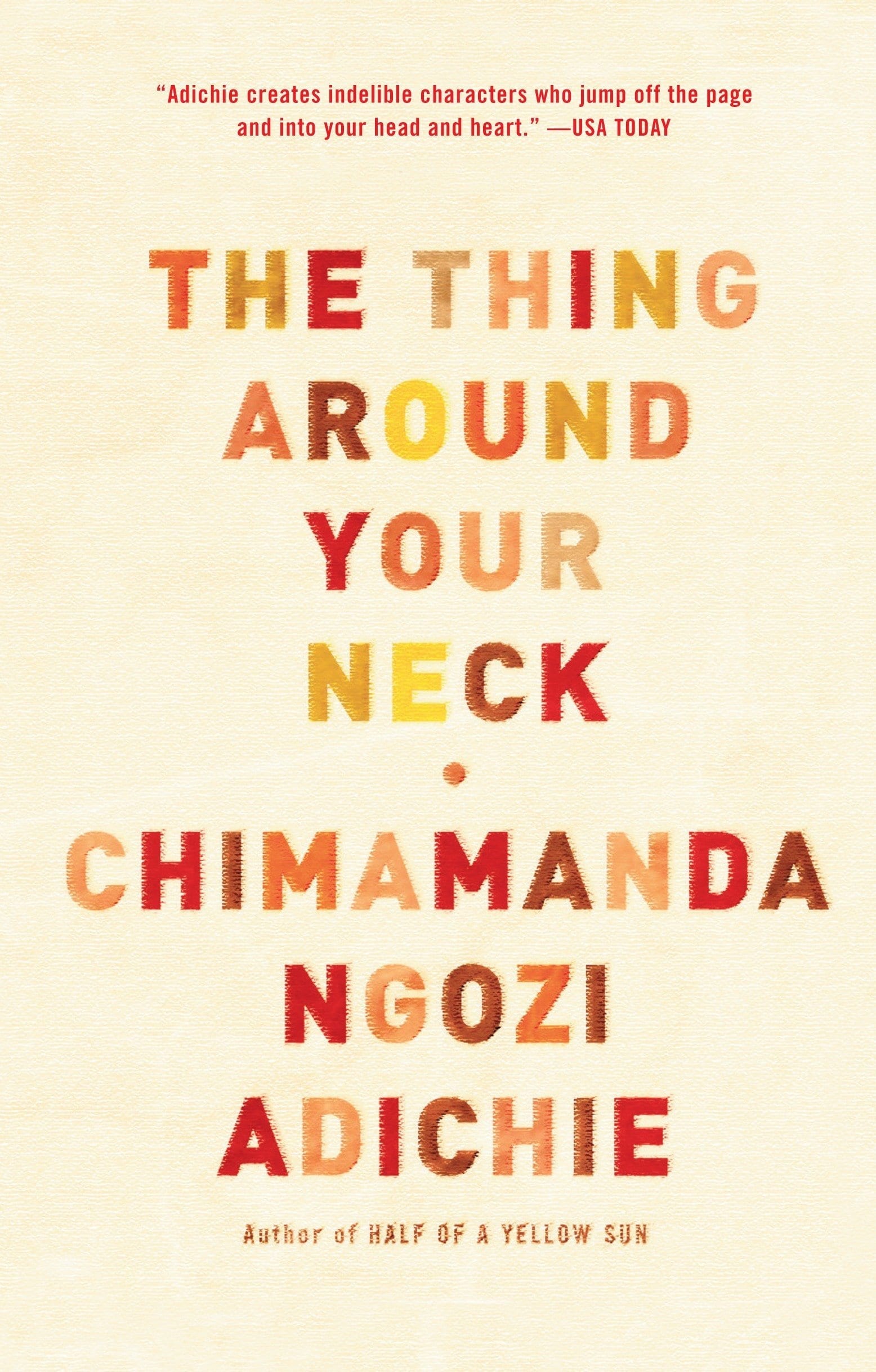
The Thing Around Your Neck by Chiamanda Adichie
With a collection of short stories, Adichie tells the collective story of Nigeria. Through this novel, you are given insight on the things Nigerians may experience wherever their feet may touch. Each story is personal. Each story is intimate. Each story is complex. These stories resonated because I’ve seen some of these stories play out in real life. I love how these stories are wrapped around extremely well developed characters, who at the end of the day are flawed, like many of us.
Out of these stories, I learned about the Biafran War. Learning about the Biafran war made me realize I must know African history for myself. I must understand the political and cultural implications of the past to understand the present. I believe taking time to understand the past gives us the strategy to solve the problems that lay ahead. The Thing Around Your Neck is a great read for those trying to make sense of the present.
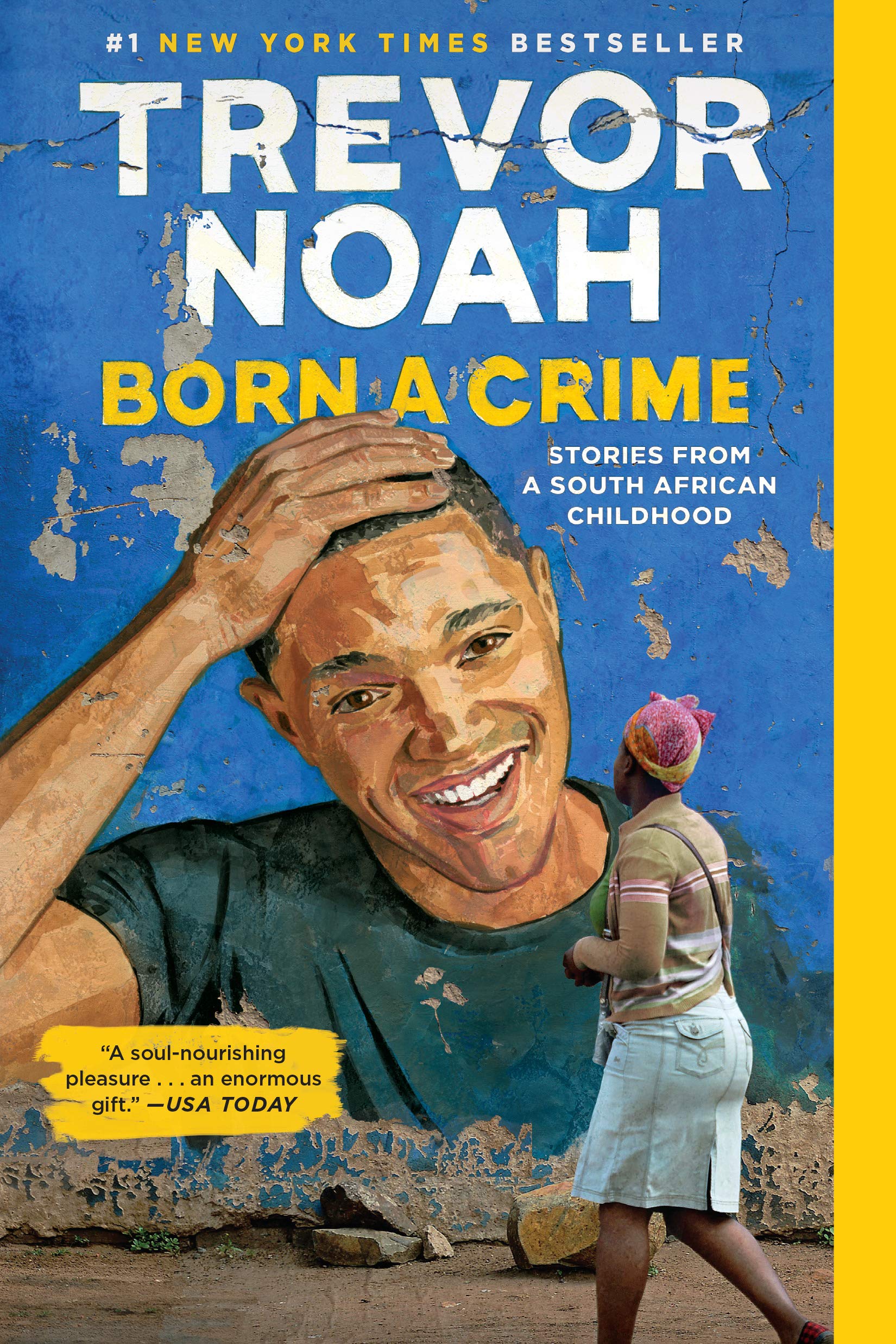
Born a Crime by Trevor Noah
In Born A Crime, Trevor Noah did a phenomenal job sharing his life story. Noah was actually born a crime. Under the conditions of apartheid, it was illegal for him to exist. Under law, his parents (Xhosa mother and a Swiss father) did not have the right to conceive him. I’m not sure about you, but growing up, I never truly understood apartheid.
I never took the time to understand the magnitude of apartheid. My jaw dropped when I finally understood. For those interested in learning more about South Africa’s past, this is a great place to start. And despite the seriousness of the topic, I especially loved how Noah broke down the complexity of apartheid through humor. Once you finish Born a Crime, you will look at South Africa in a new lens and wish you had read this years ago!

Transcendent Kingdom by Yaa Gyasi
Transcendent Kingdom follows the story of a Ghanaian family that immigrated to America in hopes of a better life. Gifty, the main character, is a sixth-year PhD candidate in neuroscience at the Stanford University School of Medicine studying reward-seeking behavior. Traumatized by her father’s departure in her life, her brother’s death through overdose and her mother’s suicidal behavior, she is determined to discover the scientific basis for the suffering.
This was one of my most anticipated reads of the year and it did not disappoint. For first generation Americans reading this, in many ways, you’ll relate to Gifty. Her upbringing was like mine and my friends who consider themselves first gen. Gifty made me laugh, shout, cringe and cry as she narrated her experiences. Transcendent Kingdom reflects the immigrant experience as well as an opportunity to question and examine the society one finds themselves in.
Read our interview with the author, Yaa Gyasi, here.

Homegoing by Yaa Gyasi
I fell in love with Yaa Gyasi’s work through her debut novel Homegoing. Homegoing is a historical novel that traces the descendants of two half-sisters Effia and Esi. The sisters’ lives diverge after Effia is married off to a colonial officer and lives in Cape Coast Castle, while Esi is captured and sold into slavery. The story follows Effia’s and Esi’s descendants throughout time, giving the reader insight into the lives of continental Africans and the African American diaspora.
Through Homegoing, I had never read literature that made me feel so seen. It felt like my life along with my ancestors’ history had finally been documented in a large scale way. If you read Homegoing, you will be transported on a journey that leaves you questioning and reexamining all that you know. Regardless of your ancestry and connection to Africa, Homegoing is an unforgettable story and you will not be able to put it down.

Dance of the Jakaranda by Peter Kimani
Have you ever stopped to wonder why Indians and Arabs live in Africa in such large numbers? With the backdrop of Kenya’s first railway construction, Dance of the Jakaranda is about the story of three men whose lives are intertwined. As Kenya goes through the motions of colonization and then the fight for independence from Great Britain, the men share together stories of the past. The three men’s lives — preacher Richard Turnbull, colonial administrator Ian McDonald and Indian technician Badu Salim — are further implicated with the birth of a controversial child. It is only when Badu’s grandson Rajan falls in love with a mysterious stranger that many years of hidden history are unraveled.
I enjoyed this book because it helped me understand the history of Indians and Arabs in East Africa. Having this historical context gave me a better understanding of East Africa’s multiracial and multicultural society. Understanding the past is humanity’s mandate, for it helps us understand our present, or at least make sense of it. If you’re interested in learning about this side of history, you’ll enjoy Dance of the Jakaranda.

Welcome to Lagos by Chibundu Onuzo
Ever been to Lagos, Nigeria? If not, you’re in for a trip and Welcome to Lagos will transport you there! Onuzo begins the story in the Delta state of Nigeria, where you find Nigeria’s oil. Chike, a soldier, deserts the army early on and sets out on the road to Lagos. On his way, he is joined by a wayward private, a naive militant, a vulnerable young woman, and a runaway middle-class wife. Together, they begin to share the goal of freedom and a new life. As they try to find their place in Lagos, they unexpectedly become involved in a political scandal with the Minister of Education– Chief Sandayo who has stolen 1 million US dollars.
I love how the author addressed social issues of classism, environmentalism, sexism, rape, poverty, and the resource curse. She educates the reader through the experiences and emotions of the characters. In addition, I began to feel and understand the energy of Lagos–one of the world’s greatest cities captured through the lives of the characters. This book is not a travel book, but it will bring you to understand what it means to be Nigerian and live in Nigeria.
More books about African Diaspora

The River Between by Ngugi Wa Thiong’o
Ngugi Wa Thiong’o tells the story of the division in a Gikuyu community (located in what is now known as Kenya) brought on by colonialism and Christianity. The rift grows as each of the major divisions solidify their positions amid the invasion of the land. The focus of the battle is between the Gikuyu rather than the invaders. Factions develop and the Gikuyu turn against each other, suspicious of those that welcome the missionaries.
I enjoyed this story because it made me contemplate on the history of Christianity in Africa. While Christianity existed in African before the colonists came, it was used as a weapon to cause rifts in the community, uproot culture, and cast those who did not abide by the religion as a barbaric people needing lessons taught through a “white savior”. Ngugi portrays the story in various lights giving the reader a chance to form an opinion on the “right” way to deal with colonialism. I enjoyed how Ngugi pushes you to think critically on how these actions shaped Kenya. I implore you to think of the questions asked in the novel. You may not have the answers, but acknowledgment is always a big step.

The Beautyful Ones Are Not Yet Born by Ayi Kwei Armah
The Beautyful Ones Are Not Yet Born by Ayi Kwei Armah tells a story of political upheaval and unrest in Ghana during the 1960s. This happens right before the fall of Kwame Nkrumah, the country’s first president. The expectant air of change and advancement for the black man that came from Independence slowly but surely diminishes. It isn’t the Africa that was promised. The story follows an unnamed man, who refuses to take part in the side of Ghana that is greed and corruption and is shamed for his beliefs.
It is a story that questions the state of Africa and how it got to where it did through examining the horrible effects of corruption. I asked myself this, “What would I do differently in these shoes”? The world always points to corruption in Africa, but truly, what can we do to end it when there are so many forces that enable you to join the system?
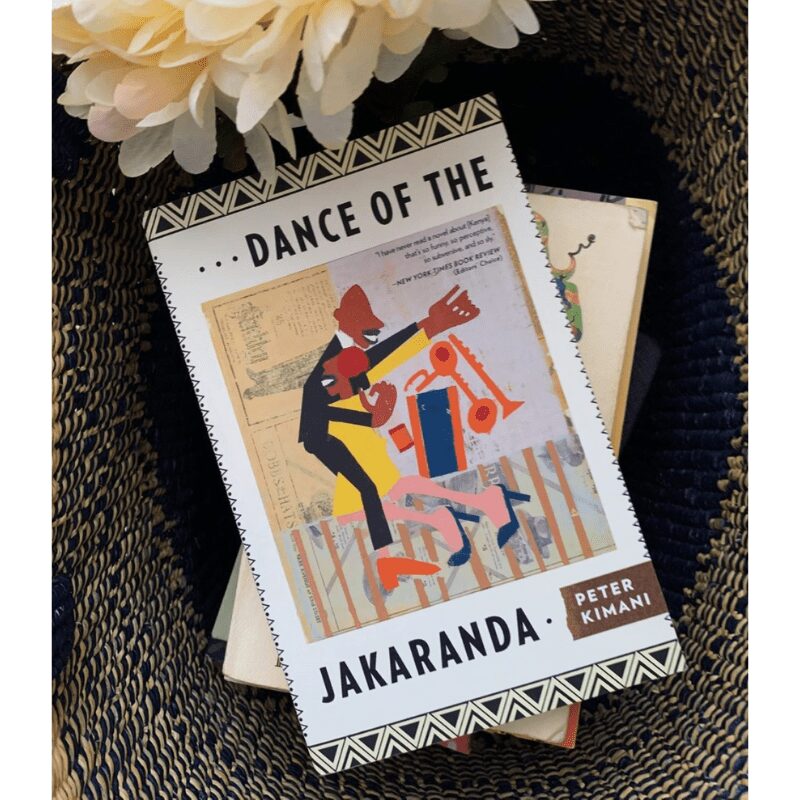
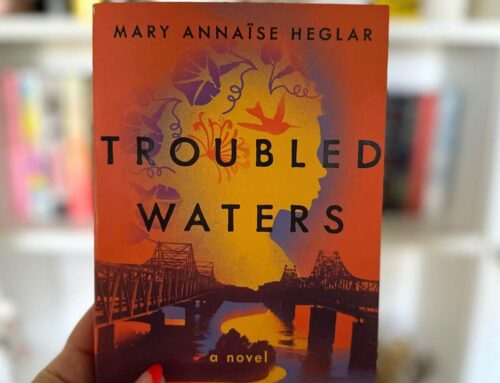

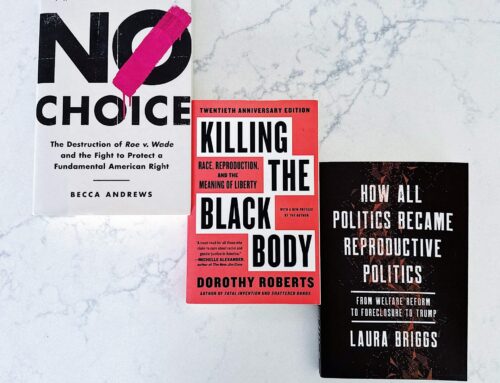
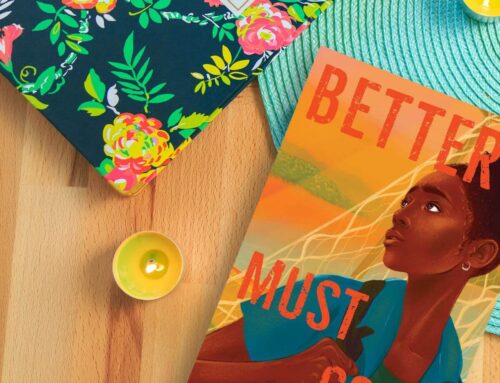
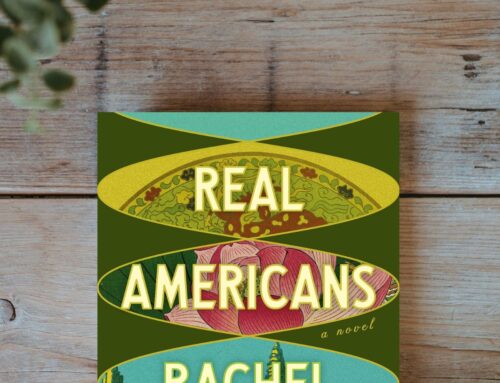
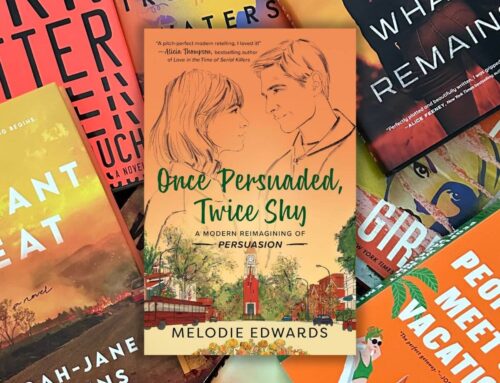
Leave A Comment